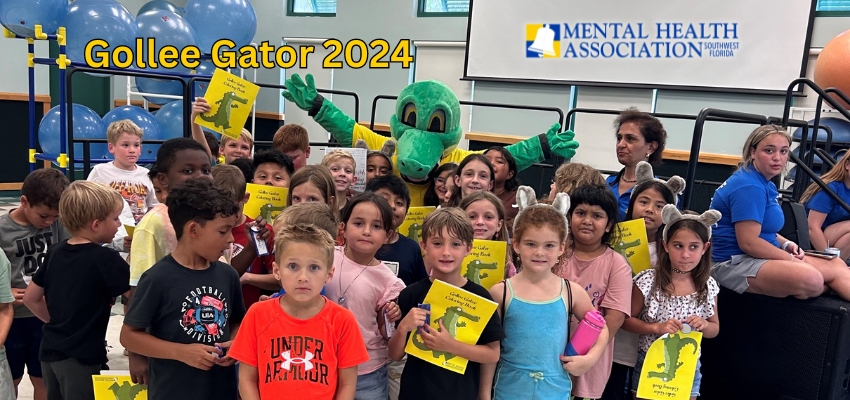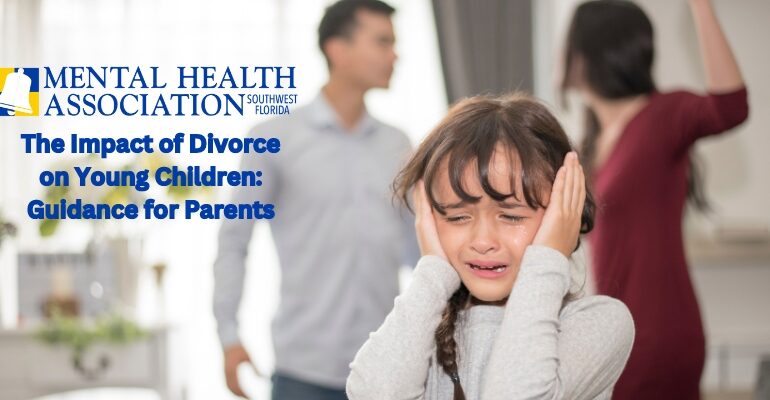
Raising our voice for those unheard…
-
Need Help? Call Us: (239) 261-5405
-
Raising our voice for those unheard…
Need Help? Call Us: (239) 261-5405

Divorce is a challenging process for everyone involved, but it can be particularly difficult for young children. The dissolution of a marriage not only disrupts daily routines but also shakes the foundation of a child’s sense of security and understanding of family dynamics. As parents navigate this complex time, it’s essential to prioritize the well-being of their children.
Young children often struggle to comprehend why their parents are separating. The stability they once knew is replaced with uncertainty, leading to feelings of confusion, sadness, and anxiety. If not managed properly, these emotions can escalate into depression, behavioral issues, and even drug use during adolescence.
According to recent data, approximately 40-50% of marriages in the United States end in divorce. Children from divorced families are statistically more likely to experience mental health issues if the separation is contentious and poorly managed. However, it’s important to remember that with the right approach, these outcomes can be mitigated.
Despite differences that may have led to the separation, maintaining a unified front when it comes to parenting is crucial. Children need to see that both parents can cooperate and provide consistent support and love. This cohesiveness helps in reducing anxiety and fostering a sense of stability.
Parents should strive to keep lines of communication open, honest, and age-appropriate. Reassuring children that they are loved and that the divorce is not their fault can significantly alleviate their fears. Additionally, avoiding negative talk about the other parent in front of the children contributes to a healthier emotional environment.
For parents seeking guidance during this tough time, MHASWFL offers a comprehensive Divorce Education Program. This program is designed to help parents understand the psychological and emotional impact of divorce on children and provides strategies to manage the transition smoothly.
Educational Workshops: These sessions offer insights into the emotional stages children go through during a divorce and how parents can support them effectively.
Counseling Services: Professional counselors provide one-on-one support to address specific family dynamics and individual concerns.
Co-parenting Strategies: Learn techniques to foster communication and cooperation between parents, ensuring a stable and nurturing environment for children.
Stress Management: Practical advice on managing personal stress, which in turn helps in maintaining a calm household.
While divorce is undeniably tough, it doesn’t have to lead to long-term negative consequences for children. When parents actively work together to create a supportive environment, children can emerge resilient and well-adjusted. Studies show that children who witness cooperative co-parenting and receive ample emotional support are more likely to adapt positively in the long run.
In conclusion, while divorce is a significant life change, it is possible to navigate it in a way that prioritizes the emotional health and well-being of young children. By focusing on creating a cohesive and calm environment, seeking support through programs like those offered by MHASWFL, and remaining consistent in love and communication, parents can help their children thrive despite the challenges.
If you or someone you know is going through a divorce and needs support, consider reaching out to MHASWFL’s Divorce Education Program for guidance and assistance.
